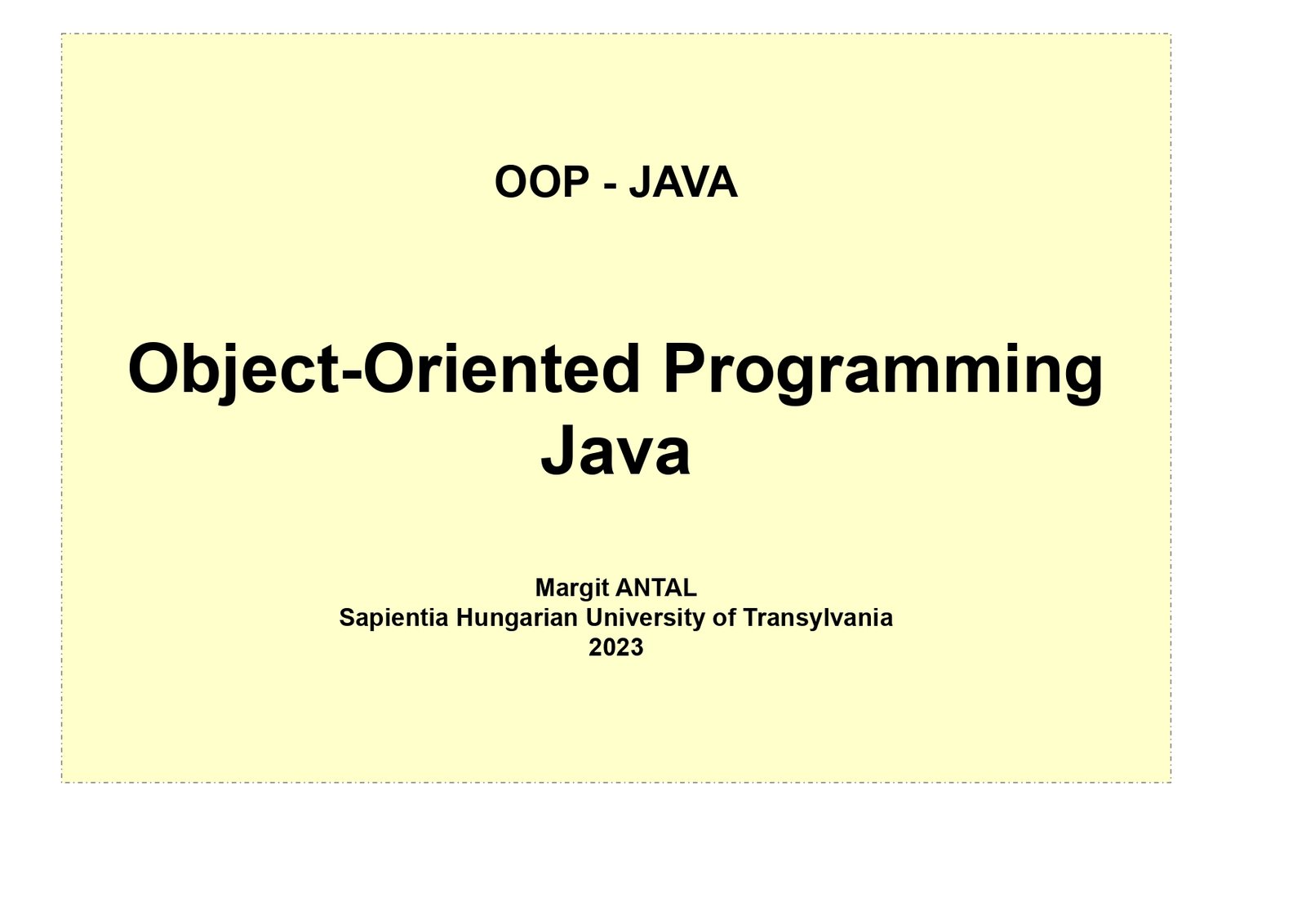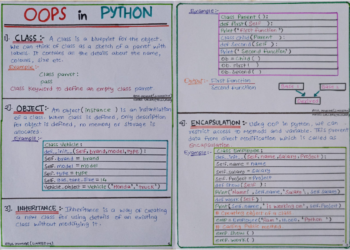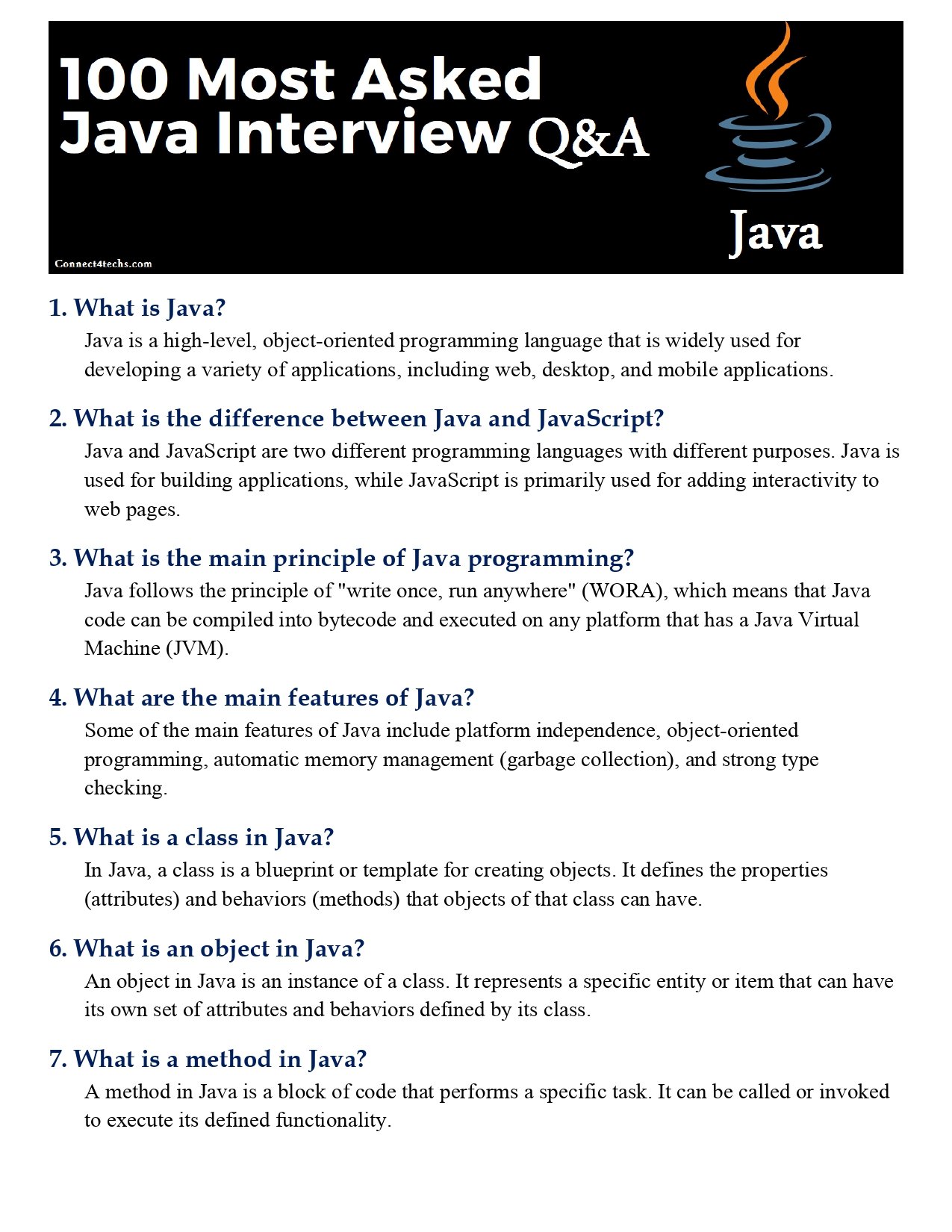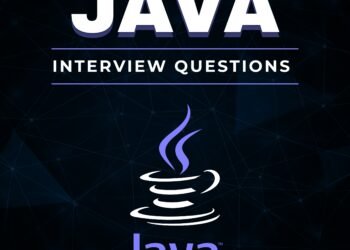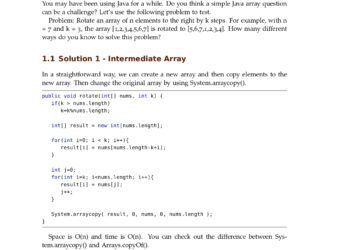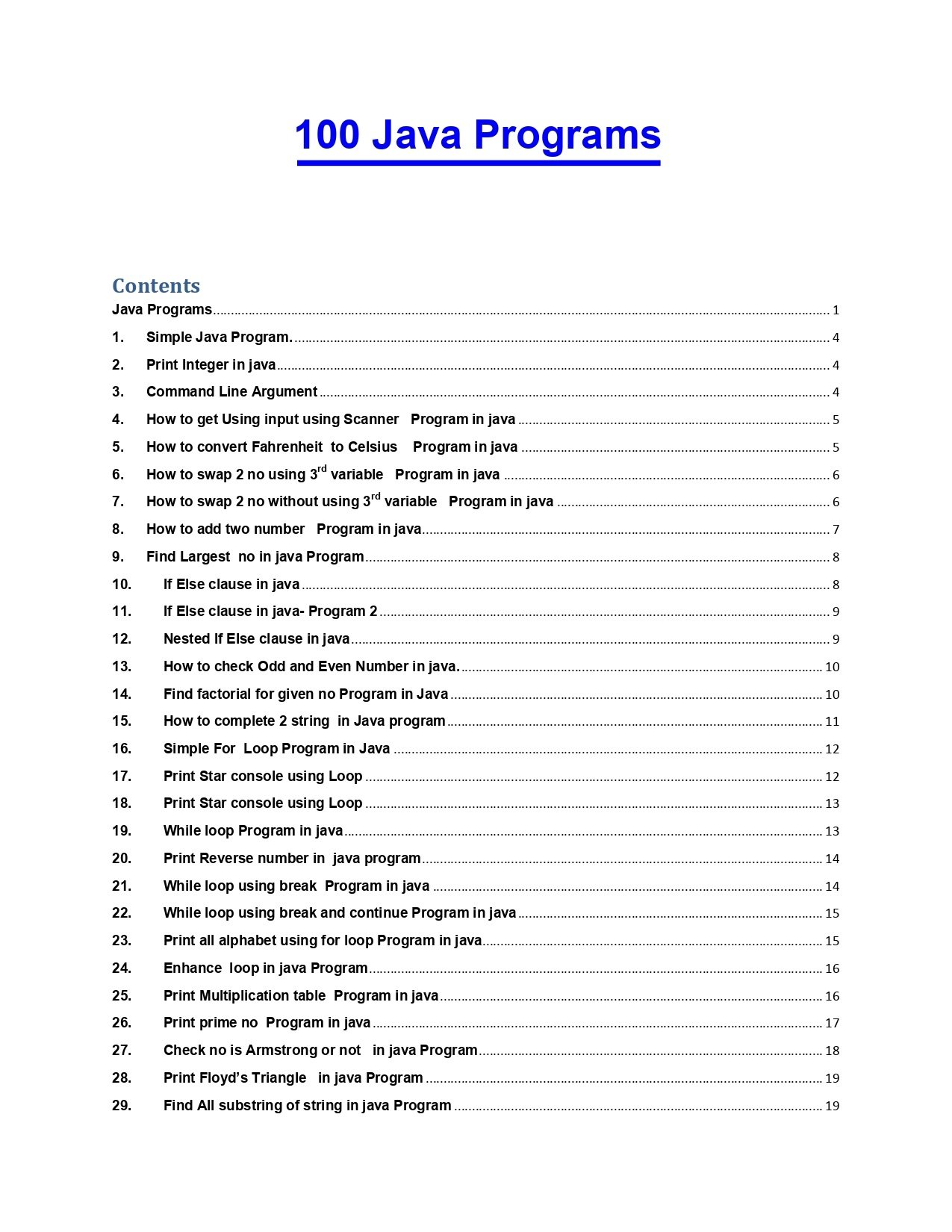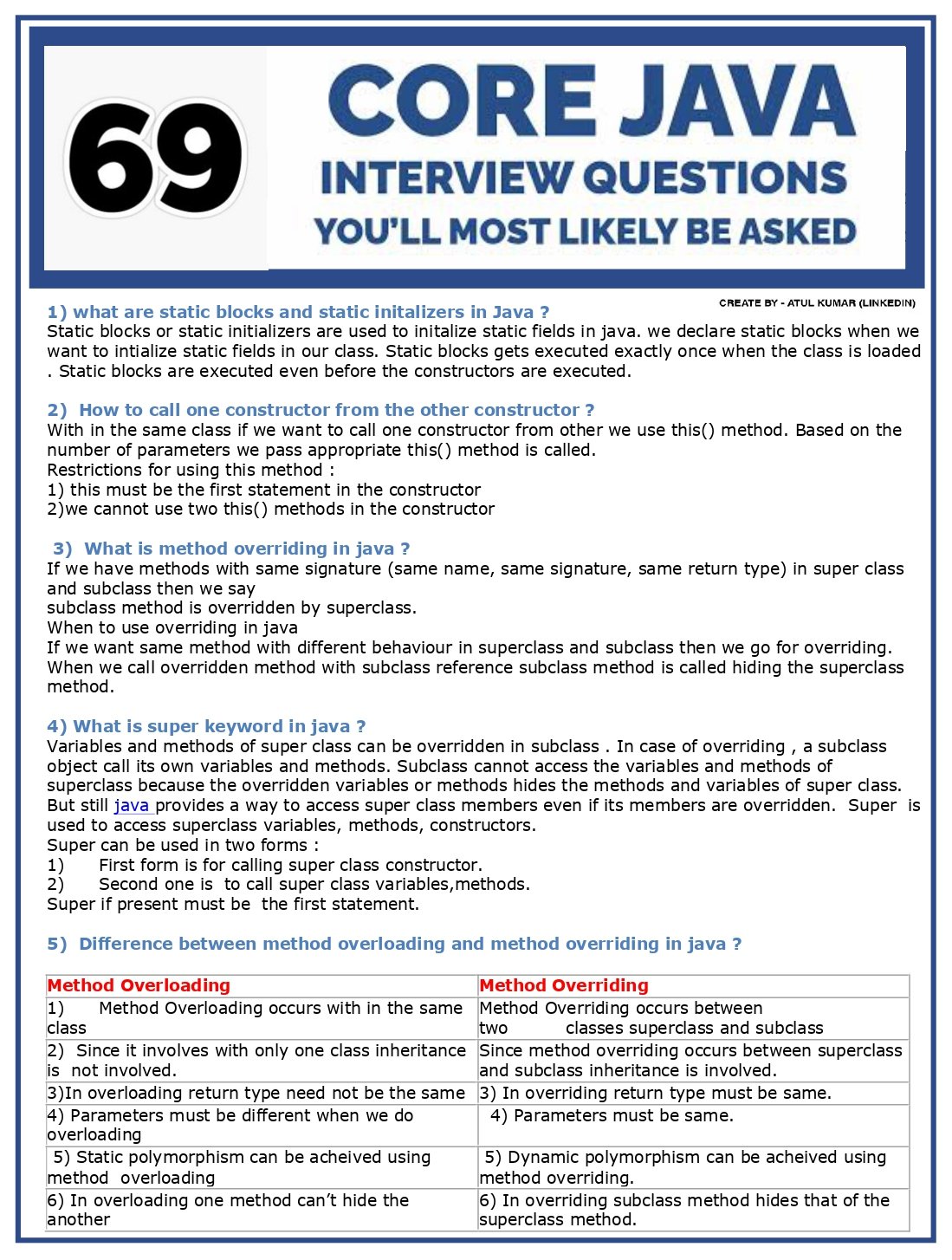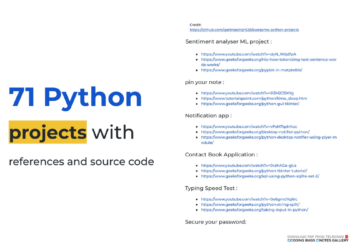Object-oriented programming (OOP) is a fundamental concept in Java programming that allows developers to create modular, reusable, and maintainable code. Understanding the principles of OOP is crucial for any Java developer.
In this Notes, we will delve into OOP concepts in Java and provide comprehensive PDF notes to help you grasp the fundamentals from scratch.
Overview of the OOPS IN JAVA Notes:
In this section, we will provide an overview of the PDF notes we have prepared for you. These notes are designed to provide a comprehensive understanding of OOP in Java, starting from the basics and gradually progressing to more advanced topics. Whether you are a beginner or an experienced developer looking to refresh your knowledge, these notes will serve as a valuable resource.










The Content of Notes:
The PDF notes cover the following topics:
- Java Lanquaqe
- History
- Java technology: JDK, JRE, JVM
- Properties
- Hello world application
- Garbage Collection
- Objects and classes
- Class
- Attributes and methods
- Object (instance)
- Information hiding
- Encapsulation
- Constructors
- Packages
- Static Members
- How can you create a constant?
- How can you declare data that is shared by all instances of a given class?
- How can you prevent a class from being subclassed?
- How can you prevent a method from being overridden?
- Relationships between classes
- Inheritance
- Parent class
- Subclass, Child class
- Polymorphism
- Overriding methods
- Overloading methods
- The instance of operator
- Heterogeneous collections
- Interfaces and Abstract Classes
- Interfaces
- Interfaces (since Java 8)
- Abstract classes
- Sorting
- Comparable interface
- Comparator interface
- Exceptions
- Define exceptions
- Exception handling: try, catch, and finally
- Throw exceptions: throw, throws
- Exception categories
- User-defined exceptions
- Nested Classes
- Threads
- Definition
- Creation: Thread and Runnable
- Synchronization
- Executors and thread pools
- GUI Programming
- Creating UI
- Declarative UI – FXML
- Programmatic – Java
- Event Handling
- Collections and Generics
- Serialization
Conclusion:
In conclusion, these PDF notes provide a comprehensive resource for learning OOP in Java from scratch. Whether you are a beginner or an experienced developer, these notes cover all the essential concepts and provide clear explanations and examples to enhance your understanding. By mastering OOP in Java, you will be able to write modular, reusable, and efficient code, empowering you to build robust applications.
We invite you to download the PDF notes and embark on your journey to becoming a proficient Java developer. Happy coding!
Note: To download the PDF notes, please visit [insert a link or provide instructions on how to access the notes].
Nu Of Pages:
300 Pages
Note: To Download the OOPS IN JAVA Notes PDF, please Click Here.
For Java Tutorial PDF From here
